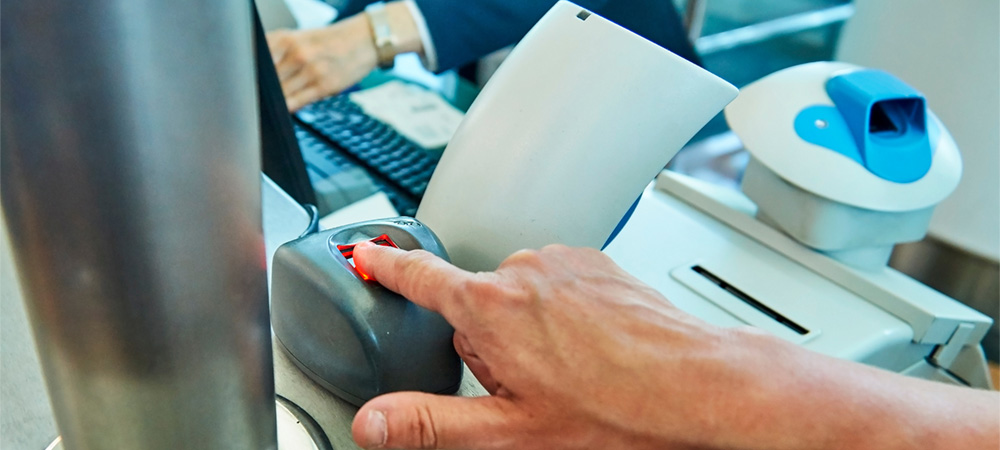The pressing need to reduce waiting times for services like security and immigration checks at airports or even when picking up rental cars has come into focus.
Undoubtedly, waiting in long queues for any procedure is one of the most frustrating moments for travellers.
The COVID-19 pandemic has also contributed to accelerating the adoption of contactless systems at airports, including biometric processing at key touchpoints such as immigration, security control and check-in. This transition to touchless technology aims to minimise queuing and reduce overall airport wait times while ensuring a safer and more efficient travel experience.
According to IATA’s 2022 Global Passenger Survey (GPS), biometrics has established itself as a groundbreaking innovation in the travel industry, offering a promising solution to the perennial problem of long queues at airports. With an impressive 88% of passengers who have used this service expressing satisfaction with the overall biometric process, this technology has the potential to revolutionise the way we travel.
The survey also reveals that 75% of passengers are willing to use technologies employing biometrics as an alternative to conventional passports or boarding passes. This growing preference for biometric identification is driven by the desire to save time and avoid the hassle of queuing. In fact, 33% of passengers would prefer to complete immigration procedures before arriving at the airport, while 44% would like to expedite the check-in process.
Imaginable are situations where a simple identification document is presented at a terminal and the system automatically verifies all the data. The necessary information is then made available to security personnel and the journey can continue. This significantly speeds up the process and is also applicable in other areas, such as picking up a rental car or a key for a vacation rental.
Despite all the benefits, passengers have legitimate concerns regarding the use of biometric data. According to the survey, the biggest concerns are data loss due to security breaches, who has access to the data and general apprehensions regarding the handling and storage of personal information. Demands for continuously improved measures to protect data and its access are a direct response from passengers.
Click below to share this article


